Why Everyone Needs An Editor
Once upon a time, a massively successful author wrote a novel that got a lot of bad reviews. The author was unhappy about this and posted a public statement, defending themselves.
So far there’s nothing unique about this story. Sometimes the work of art that you’ve poured all that time and effort into flops. It’s pretty much inevitable.
The unusual aspect isn’t even that the author got defensive and shared a public, angry rebuttal—although most authors wouldn’t do this, because they know it’s almost impossible not to appear whiny and unprofessional. (Seriously. Don’t do this.)
No, the part that caught my attention and astonished me was this statement (which I’m paraphrasing here):
“I’ve worked very hard for the privilege of no longer having to work with an editor.”
Apparently many of the critical reviews had said something along the lines of “where was the editor?” and implying the editor had failed this author by not addressing the novel’s many obvious flaws. Which was clearly a justified complaint, since said editor didn’t even exist.
Look, I have no doubt that there are plenty of writers out there who have the skills and the experience to launch a highly polished work of fiction into the world without any input from an editor. With every new story, you (hopefully) learn and grow as a writer. Your narrative control strengthens. Your understanding of character development and growth increases, and—deliberately or subconsciously—you get a better handle on the elements and structure of good storytelling.
But no matter how much self-awareness you have as an author, it’s pretty much impossible to write a story without your virtual blinders on. This story and this world and these characters were birthed in your brain, and for months or even years, they have lived there, taking shape, transforming and growing and turning into what feels like real people in a real place where real things are happening.
So you know what story you want to tell. You know who your characters are. You know the messages you want to convey.
But when those words make the leap from your mind to the page, are they conveying what you intended them to? Will the picture that readers form from your words match the images in your head?
When you write a story, it can be hard to see the big picture. It can be hard, even impossible, to know if what you’re trying to say is what your readers will actually hear.
This is unavoidable. No matter how seasoned of a writer you are, you can and should let at least one second pair of eyes take a look at that manuscript before you consider it ready for publication. It doesn’t absolutely have to be a professional editor. In fact, beta readers probably react to things more with their gut and could offer perspectives that wouldn’t even be on an editor’s radar.
But readers might also feel that there things they dislike about a story while being unable to articulate exactly what the problems are, which is why hiring an editor is so beneficial. Having someone who can tell you what is working and what is not—and why and how it can be addressed—can change your readers’ feelings about the book from “just okay” to “great!” or from “pretty good” to “amazing!”
Think of yourself as a race car driver and your editor(s) as your pit crew. No matter how good of a driver you are or how many races you’ve won, you’re going to run into trouble if you ditch that crew.
And just like a pit crew, it’s the editor’s job to help you win.
